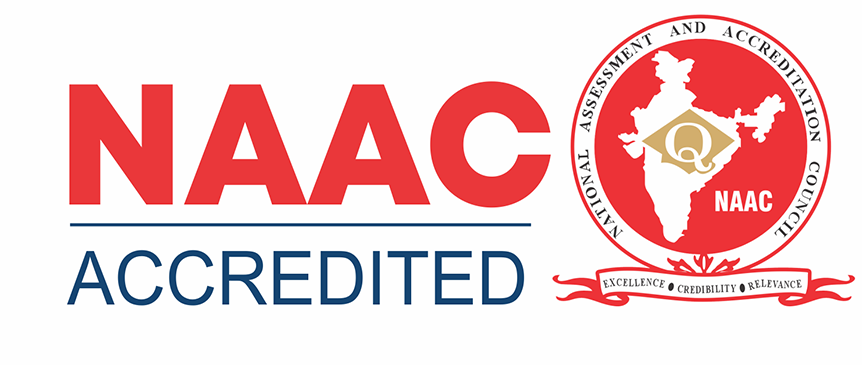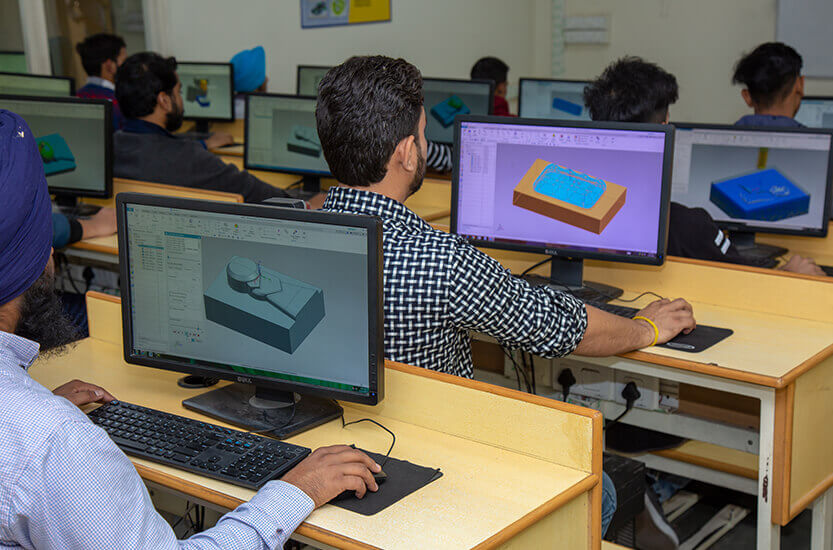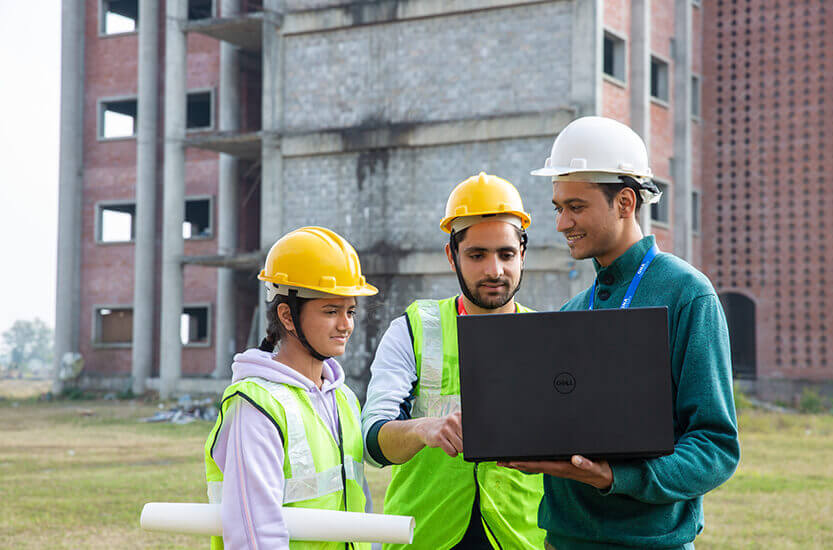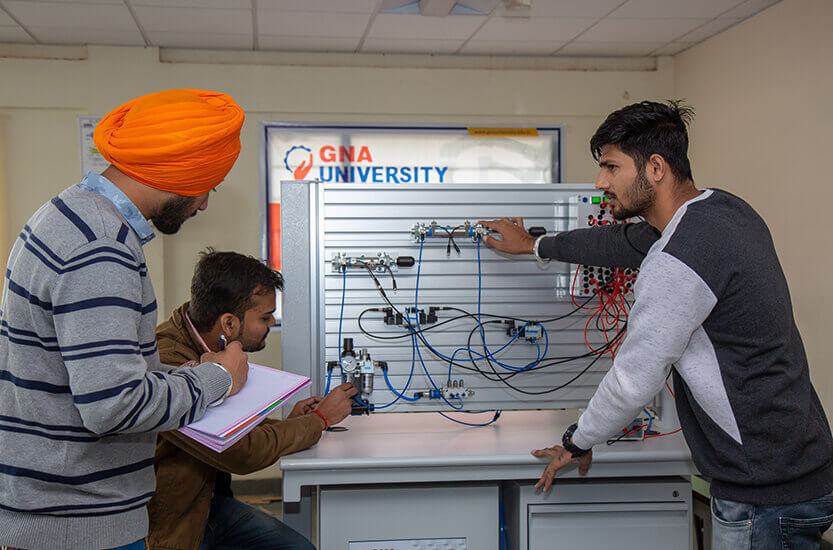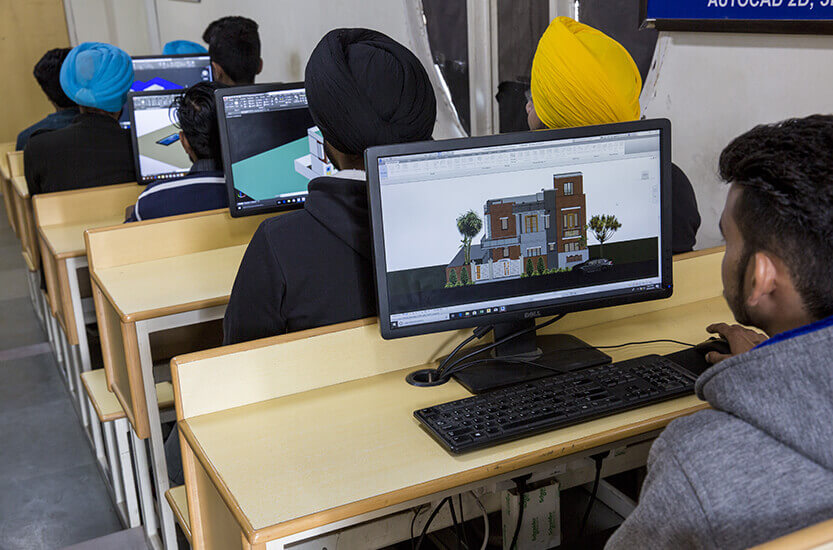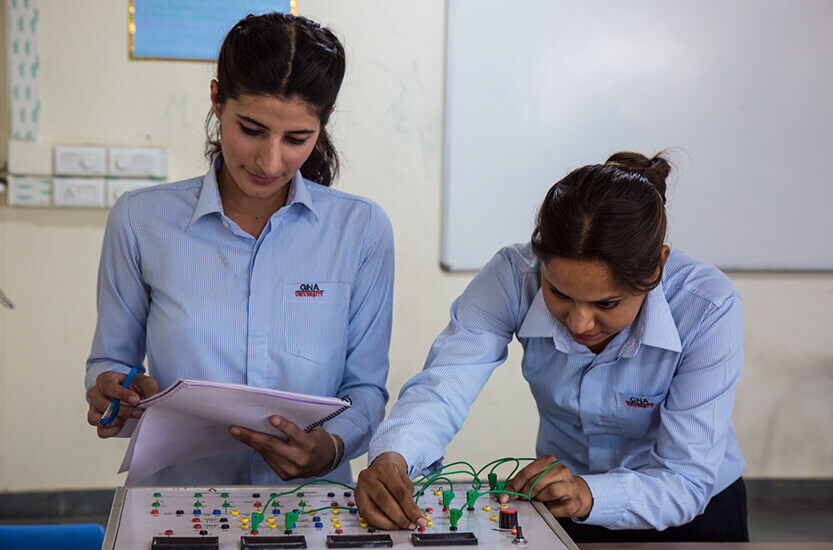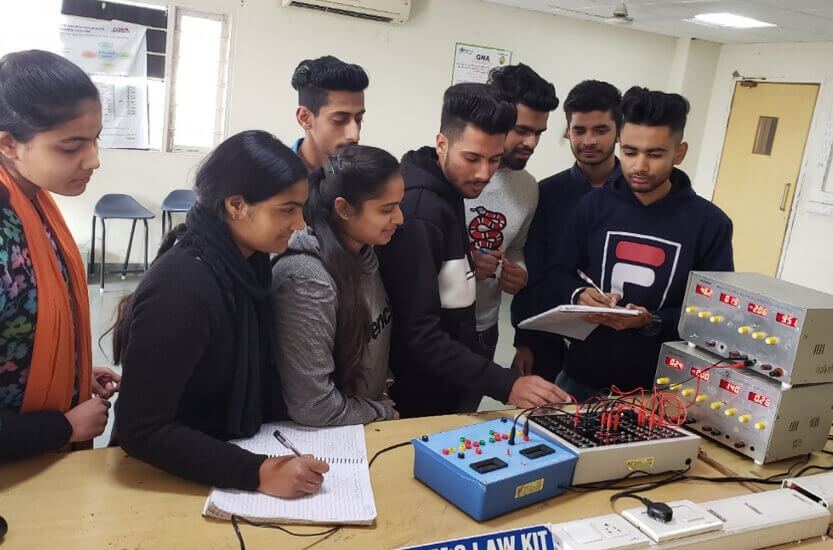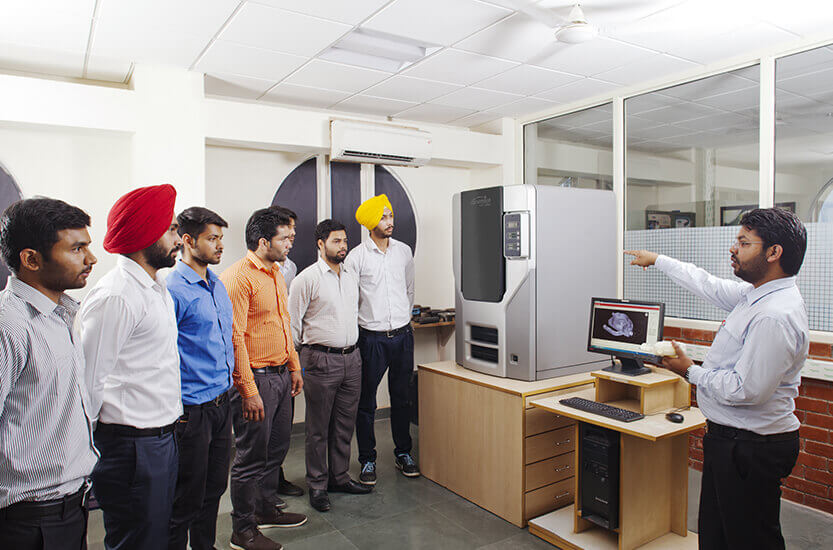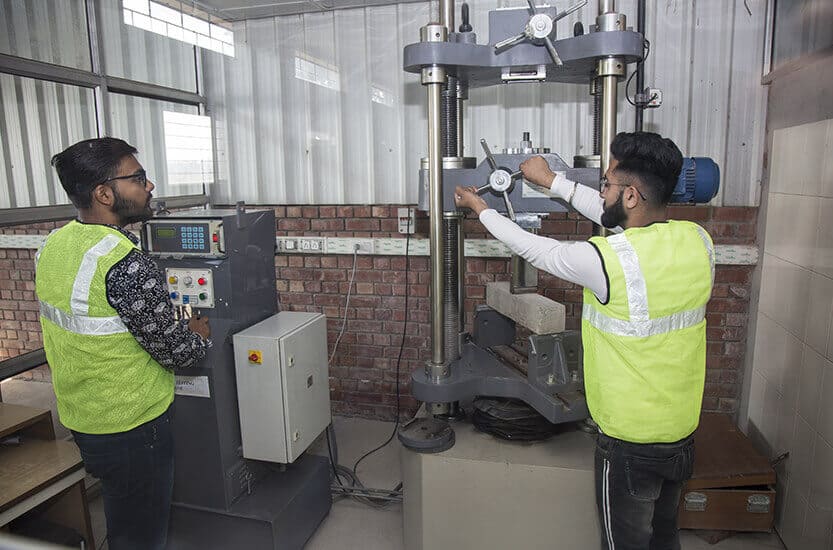Aerospace engineering manages the investigation of the science behind the powers.
Aerospace engineers should have an eye for detail and be good at problem-solving.
Aerospace Engineering includes the study of aircraft and spacecraft designs to build and repair craft.
About Aerospace Engineering
Aerospace Engineering is one of the most promising programs offered at GNA University in Punjab. It mainly focuses on the design, construction, testing, and operation of airplanes, spacecraft, UAVs, etc.
At GNA University (GU), the Aerospace Engineering program encourages all-round development through an industry-adapted curriculum that emphasizes innovation. The curriculum is integrated with multidisciplinary knowledge in the field of aerodynamics and aircraft operations.
GNA is the first private university in North India with a "DGCA-approved Aviation Wing," providing aspirants with practical exposure. This includes access to "India’s First Maule M-7 Aircraft" named “Super-Rocket” by aircraft maintenance technicians, along with real-time experience with the Tumansky Turbojet Engine.
Each year, our engineers set new benchmarks by securing placements in top organizations such as DRDO-TBRL, DRDO-RAC, NAL, Collins Aerospace, Garuda Aerospace, DesignTech, and other eminent companies.
Career Pathways :
- UAV Pilot
- Officer in Defense Sector
- Production Engineer
- Aerodynamic Engineer
- Design Engineer
- Method Engineer
- Public Sector Undertaking
- Aircraft & Shipyard Industry

